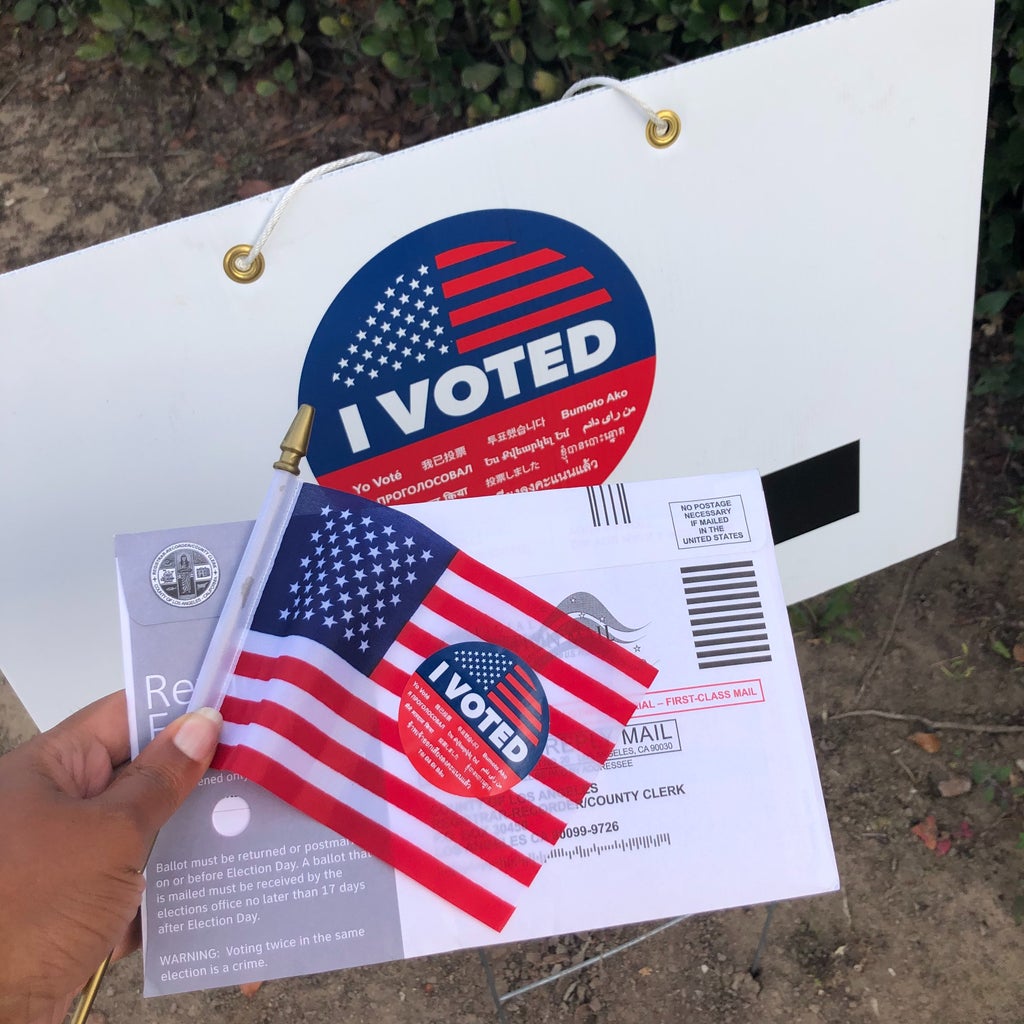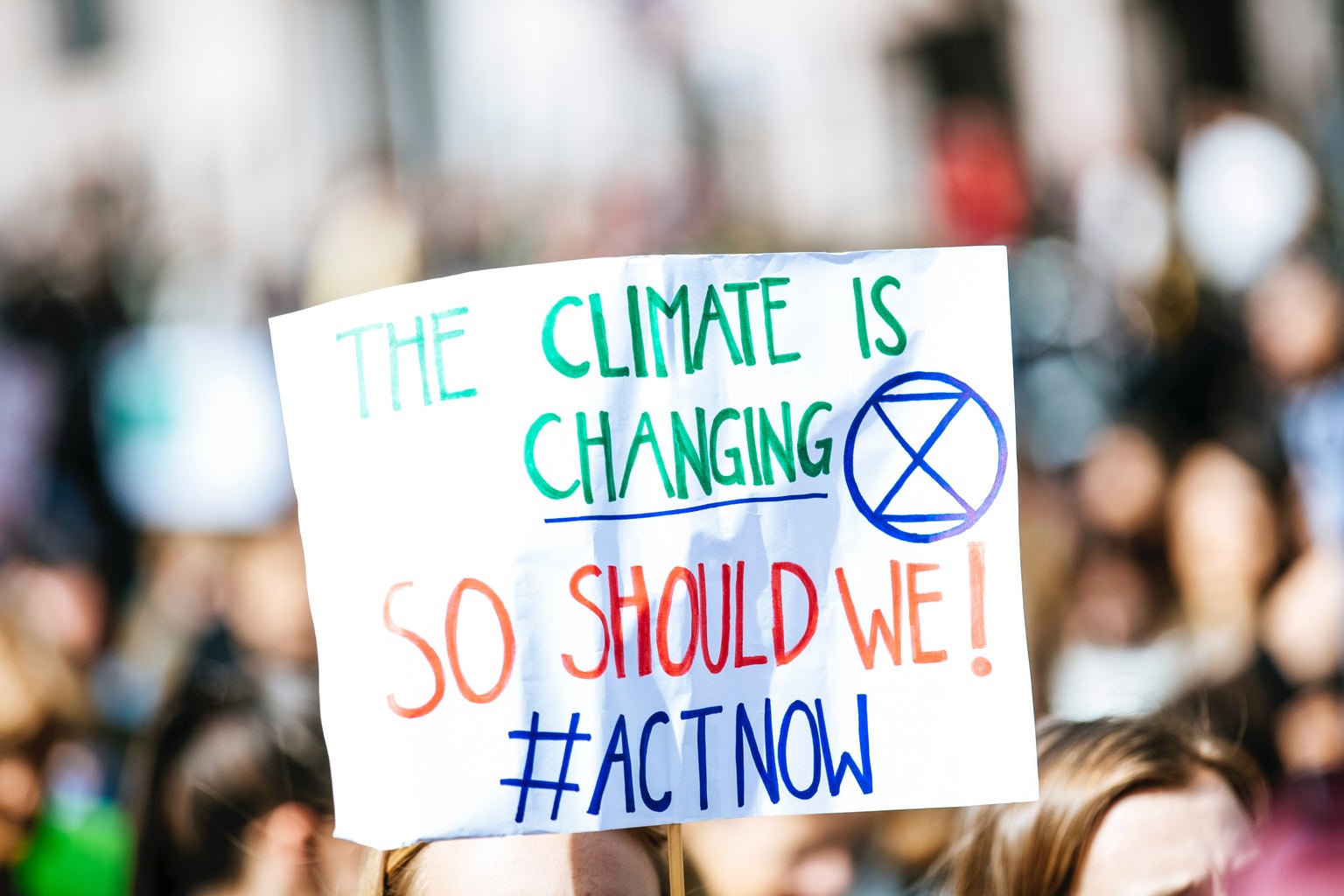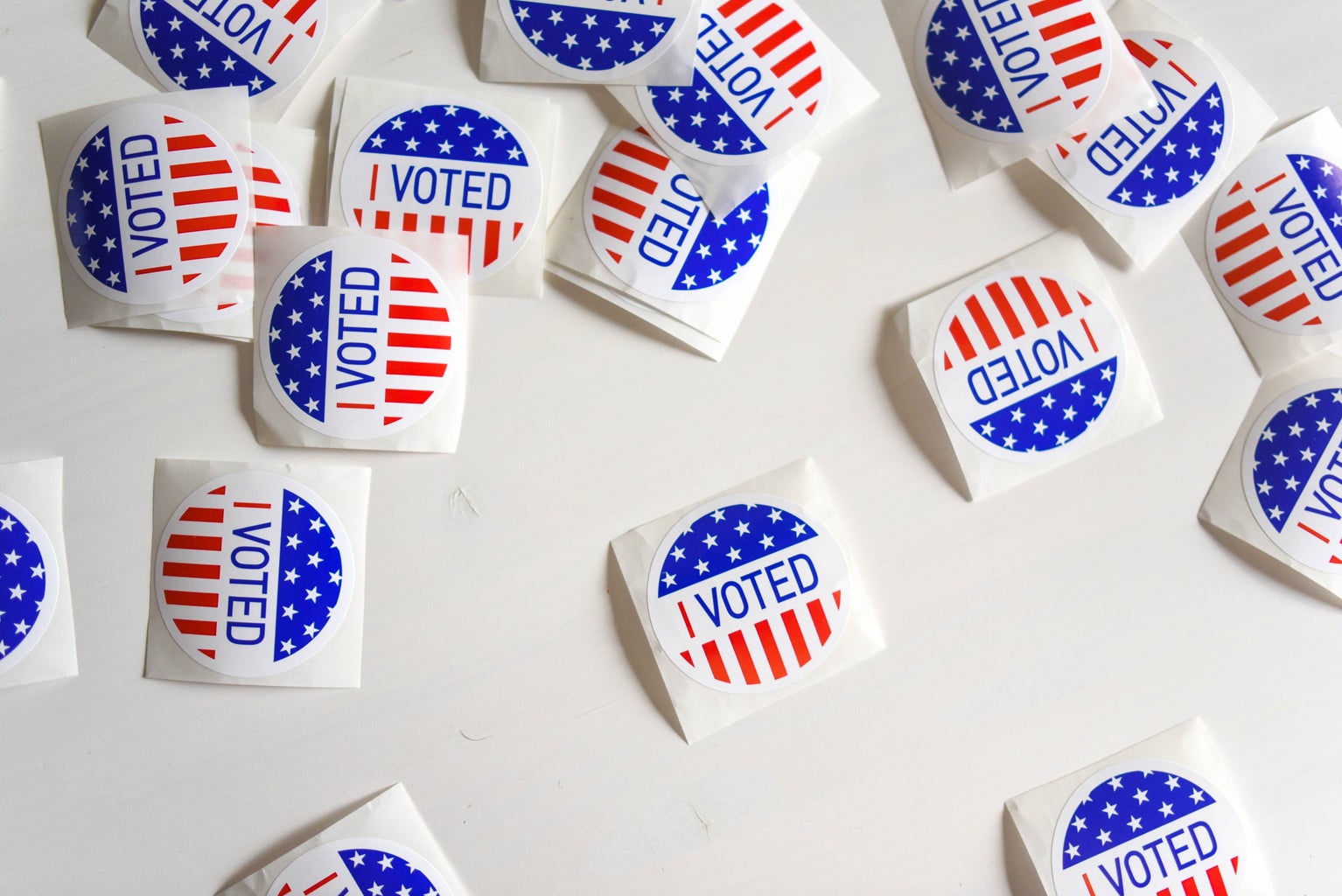November is well on its way. It’s time for finals, friendsgiving and falling in love with the democratic process! It’s a lot for us to handle all at once, but election season is one of the most critical times of the year. This is especially true for Generation Z and Millennial voters.
In 2020, our age group had the largest share of eligible voters, but due to low voting turnout, we did not have the largest share of the electorate. Research by the Berkeley Institute for Young Americans suggests Generation Z is fatalistic about politics, feeling that older generations just hand their problems off to the next generation. According to this research, our age demographic has felt ambivalent about the American Dream. Still, results are inconclusive as to how we will handle the task of fixing the broken system we have been given. Will we throw ourselves passionately into activism and be the mechanism for change that this world needs, or will our apathy get the best of us?
Generation Z has a lot of factors pulling for them. They are on track to be the most well-educated generation yet. They are also more racially and ethnically diverse than previous generations have been. But where does this leave them standing politically? Seventy percent of Generation Z believes in an activist government, saying our elected officials should do more to solve problems. Forty-eight percent say same-sex marriage is beneficial to society. Regarding climate change, however, this generation is slightly more right-leaning than the last, with 56% of Millennials attributing climate change to man-made causes and 54% of Generation Z following suit.
Where does this leave us when it comes to the 2024 election? A Pew Research Center poll conducted at the beginning of 2020 concluded that 70% of individuals ages 18-29 disapproved of the job former President Donald Trump did while in office. In contrast, a study conducted at UCLA found that Generation Z voters who were tuned in to the news and media favored Kamala Harris’ tone and substance. Both the Trump and Harris campaigns have upped their efforts to woo young voters. On one side, the Trump campaign hopes it can flip Generation Z red by capitalizing on public dissatisfaction of immigration, the economy and cost of living. On the other, combining more youth-oriented efforts with grassroots charm, the Harris campaign told NPR it planned to invest in digital ads on campus and social media as well as plan a college campus tour in battleground states.
In the fight for the United States Senate, attitudes about Generation Z and politics remain positive. When her Campus at OSU reached out to Sen. Sherrod Brown, he only had positive things to say about Generation Z. “Young Ohioans are future workers, educators and leaders, and I know they understand the importance of making their voices heard in the upcoming election to determine the direction our state goes,” Brown said in an email. “When young people vote, they have the power to decide our elections, just like we saw last November when we passed Issue 1. I can feel the energy of young Ohioans who want leaders who are on their side on issues ranging from worker rights, abortion rights and voting rights. That is what’s at stake this year.”
Her Campus at OSU reached out to Bernie Moreno who’s running against Sen. Brown in the Ohio Senate race but received no response.
In this pivotal moment, Generation Z has the chance to shape the future in ways that prior generations could only imagine. With the power to challenge norms, advocate for equity and push for systemic change, this generation is not only a voting bloc but a force for progress. The choices made in the 2024 election could set the course for years to come, determining the policies that will address climate change, social justice and economic inequality. Now is the time to reject apathy and embrace activism, proving that Generation Z is ready to rise and meet the challenges of the world they’ve inherited. The future is in their hands — will they seize it?





